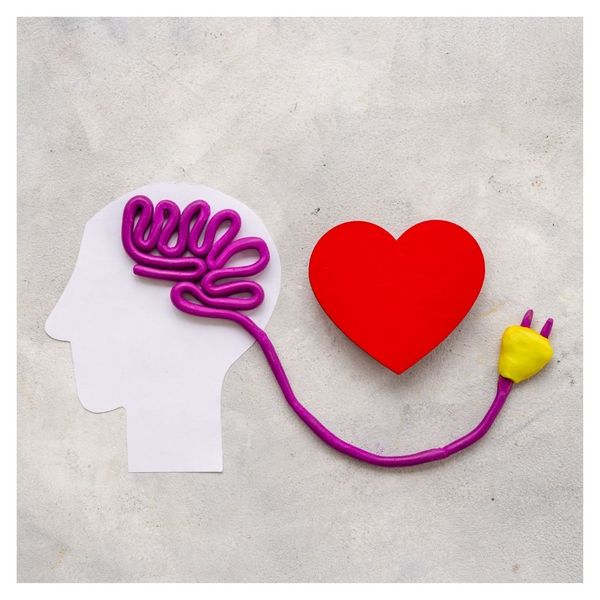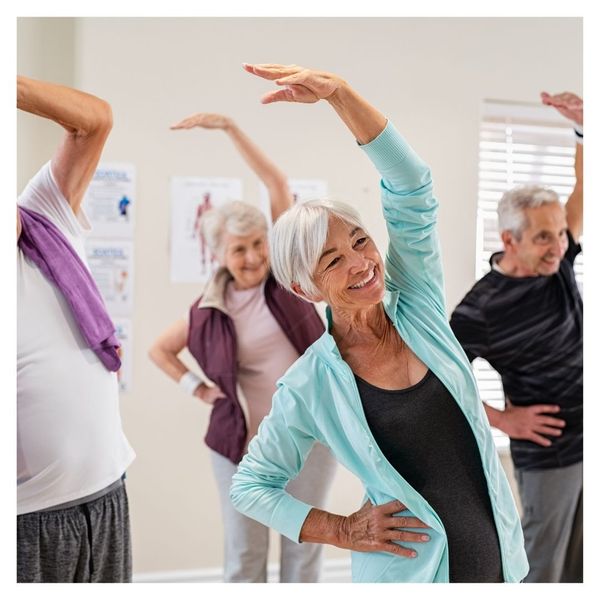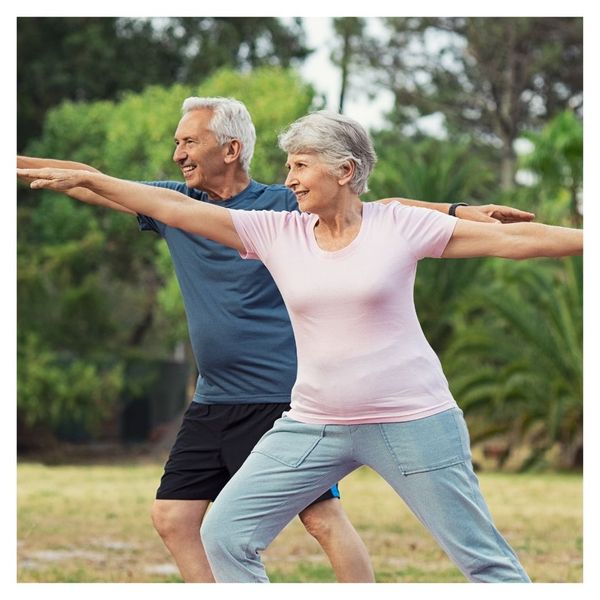Managing temporal frontal lobe dementia requires an approach that nurtures both the mind and body. At Circle of Life Care, we believe that physical health and exercise play a vital role in enhancing the lives of those affected by frontotemporal degeneration. Here are key insights into how exercise contributes to overall well-being.
Physical Health and Exercise in the Management of Frontotemporal Disorders (FTD)
Physical Health and Exercise in the Management of Frontotemporal Disorders (FTD)

The Importance of Physical Activity
Regular physical activity is essential for everyone, but it holds particular significance for individuals with temporal frontal dementia. Exercise promotes blood circulation, which can improve overall brain health and cognitive function. Simple activities like walking, stretching, or gentle aerobics can stimulate the brain while reducing anxiety and enhancing mood.

Tailored Exercise Programs
A one-size-fits-all approach does not apply when it comes to exercise for those with frontotemporal disorders. At Circle of Life Care, we design personalized exercise programs tailored to each individual’s abilities and preferences. Engaging residents in enjoyable activities fosters motivation and encourages consistent participation, making exercise a pleasurable part of their daily routine.

Strengthening Social Connections
Exercise is not just about physical health; it also enhances social interaction, which can be profoundly beneficial for individuals with temporal frontal lobe dementia. Group classes, such as yoga or dance, create opportunities for residents to connect with peers, forge friendships, and build a supportive community. At Circle of Life Care, we believe that social bonds can enhance emotional well-being and reduce feelings of isolation.

Encouraging Routine and Structure
A structured routine that includes physical activity can provide individuals with frontotemporal degeneration a sense of stability. Incorporating exercise into daily schedules encourages a sense of purpose and normalcy, helping residents feel grounded. This structure can significantly impact their mood and behavior, promoting a positive living environment.
At Circle of Life Care, we understand the importance of integrating physical health and exercise in managing frontotemporal disorders. By nurturing both body and mind, we are dedicated to enhancing the quality of life for our residents. If you’re seeking a compassionate home that prioritizes holistic care, we invite you to join our Circle of Life family.
